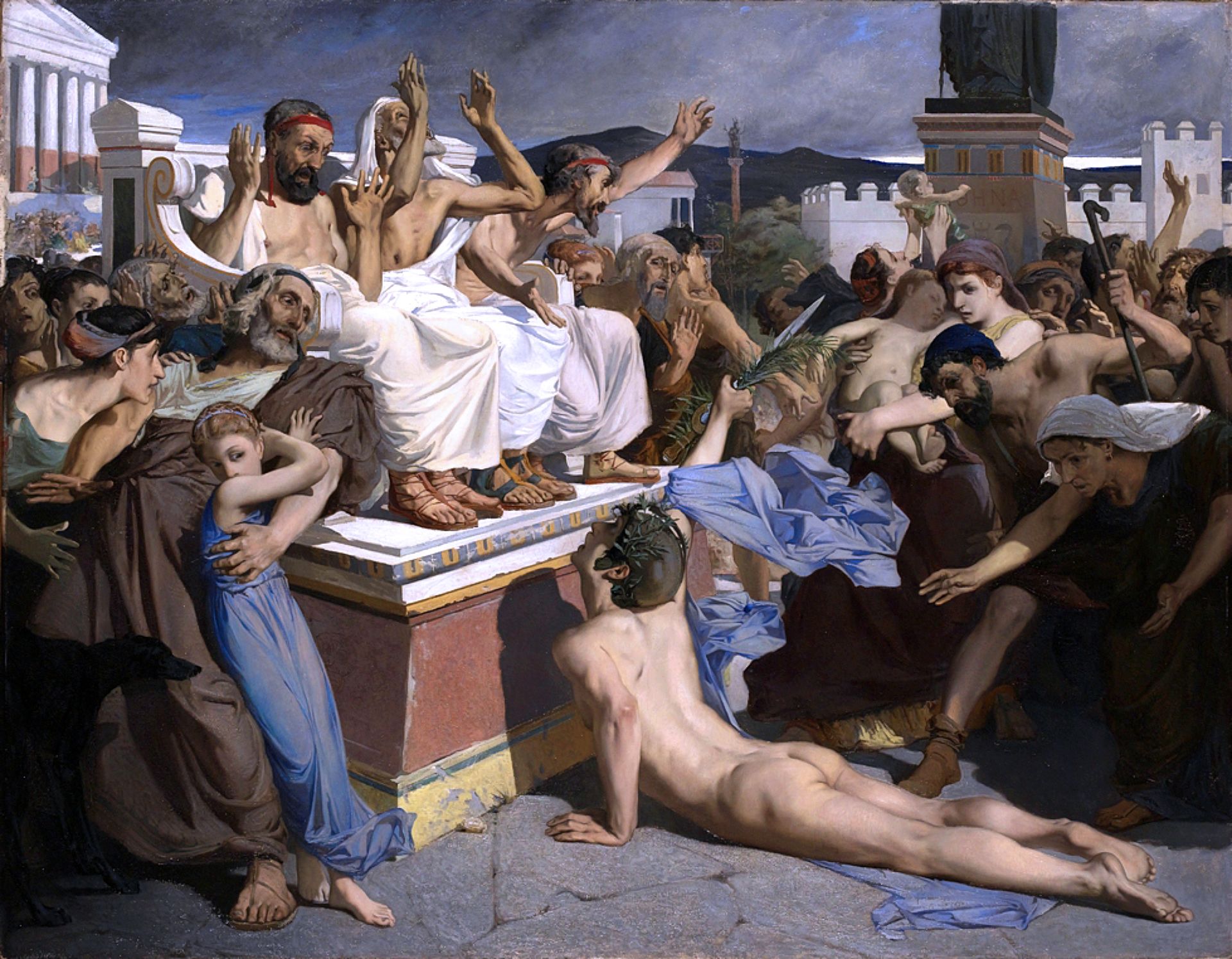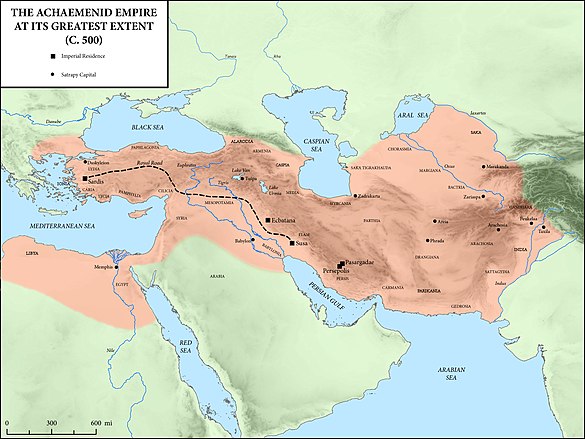Jots
This is a note where I write down interesting ideas I would like to revisit at some time.
Writing
Punching through the self, sci-fi
There is this concept that the fixation upon the self through memories of the past or contemplation about the future is toxic and there is a way to punch through this notion of the self through tools such as meditation or drugs.
What if society was built such that the entire formative years of your life were lived in a contrived world that was controlled to punch you through this notion of the self, and upon the age of 25 you awoke into a society that was fully populated with people that had been released from these constrictions.
The shrinking sphere of attention
A girl walks down the street for two blocks and finally reclines on a bench in wait.
Ostensibly interesting, but decidedly unapproachable.
Her world had been reduced to the leaves passing under her feet, and even they only have a chance of being noticed on her periphery. The sparsely filled tables at the restaurants, the patrons walking from their meals, the children riding bikes down the street, all unnoticed.
A new and most importantly unexpected character
I wanted to meet them, hear their story.
Movies
Andrei Rublev
- Argument between Theophones and Andrei
- Man has learned to sin and do wrong and has been repeating ever since
- The entire body of man will pay for this perpetuation of wronging even though it is admittedly (by Theophones) to be cyclical and thus predetermined. In this view can the sin even be blamed on man?
- 1:00:02 Andrei is tied and seduced by a woman. The rules of morality preclude the enjoyment of natural acts
- to him it is carnal, to them it is nature
- morals to control natural
-
old people don't need to think for their days pass in custom
Random Thoughts
- Does our obsorbtion with our phones detach ourselves from our environments? Does losing this broader sense of what is around us make random encounters with strangers more startling? If we don't see it coming at all until they are next to us asking a question it can be much more jarring.
Philosophy
- Is morality universal or is it a set of conventions designed by the weak to control the powerful?
- Sugrue (Great Minds on Nietzsche)
- Dostoevsky (C&P)
- Nietzsche's Critique on Christianity
- Man is innately violent and likes to do harm to others.
When you take that ability away, the violence must be directed somewhere.
In most cases it is directed towards self in the form of consience.
- Sugrue (Great Minds on Nietzsche)
- Nietzsche's Critique on Christianity
History
Nitocris of Babylon
According to Herodotus (who I should mention spoke very fondly of her), Nitocris was the second queen of Babylon (c. 550 BC). Herodotus attributed some pretty mind blowing feats to Nitocris, one of which was the construction of a bridge across the Euphrates (which ran through Babylon, splitting it into two districts). The crazy part about this is that
Alexander the Great
- What was so unique about his style of governing?
- Machiavelli
- How ingrained was his belief of his claim to divinity? How much did he personally believe it?
Aqua Appia
Rome's first aqueduct built in 312 BC by the co-censors of the Roman Republic Gaius Plautius Venox and Appius Claudius Caecus. It stretched a little over 10 miles long from the east and emptied into the Forum Boarium which was a cattle forum. It was nearly completely underground due to the terrain it had to go through. Before the aqueduct was created Romans were drawing water from the Tiber, from wells or from springs. The aqueduct was carved out of the bedrock. The walls were lined with tufa stone and the ceiling was ridged with broad shelves on either side. It was 6 feet in height and 2 feet wide, just enough space for crews to walk through and clear any obstructions (which there was a lot of). For the most part it was around 20-22in underground.
Ancient Communication Methods
Pheidippides is a legendary figure in history who is supposed to have run from Marathon to Athens to inform the Athenians of the status of their victory in battle, and of an impending invasion. Reading about this really made me wonder about the most efficient forms of urgent communication, relaxed communication, and how this affected the perceived size of states. The time period I'd like to focus on here is around 1000 BC.
 The ancient Near East is always occupied by warring states, either early established city states or later formal regional states nearing on nations. Until reading about this myth I had never really thought about how all the messages I've been reading about were actually delivered.
The distance Pheidippides is supposed to have travelled is around 40 km, but most likely did not actually happen. Like most Greek myths, this may have been a reverse projection of contemporary activities into history via myth. While this method, as well as systems of connected running couriers in a relay (possible inspiration for relay races??), would be ideal in a situation without horses, horses are by far the quickest way to get a message across long distances.
Herodotus tells us of a Royal Road that Darius I had set up from Susa to Sardis (around 2,699 km) that would take 9 days by relayed horse, 90 days on foot. This would be somewhere in the 5th century BC.
The ancient Near East is always occupied by warring states, either early established city states or later formal regional states nearing on nations. Until reading about this myth I had never really thought about how all the messages I've been reading about were actually delivered.
The distance Pheidippides is supposed to have travelled is around 40 km, but most likely did not actually happen. Like most Greek myths, this may have been a reverse projection of contemporary activities into history via myth. While this method, as well as systems of connected running couriers in a relay (possible inspiration for relay races??), would be ideal in a situation without horses, horses are by far the quickest way to get a message across long distances.
Herodotus tells us of a Royal Road that Darius I had set up from Susa to Sardis (around 2,699 km) that would take 9 days by relayed horse, 90 days on foot. This would be somewhere in the 5th century BC.
 Lets move on to Rome here, as we can gain some more documented perspective on governance and communication using a system like this.
Augustus is supposed to have built the Roman postal system in 27 BC which would allow carriers to travel around 60 miles per day. In today's terms, that is insanely slow.
Lets move on to Rome here, as we can gain some more documented perspective on governance and communication using a system like this.
Augustus is supposed to have built the Roman postal system in 27 BC which would allow carriers to travel around 60 miles per day. In today's terms, that is insanely slow.
Archie Cochrane
Scottish doctor noted for his book Effectiveness and Efficiency: Random Reflections on Health Services. He pioneered the method of using random control groups to make medicine more effective and efficient. What seems so simple and obvious was at the time strange and backwards. It took a lot of time for him to prove to his colleagues that this method did in fact remove bias from control groups. First read about him in Superforecasting
Tech
Bonfire Analogy for the Internet
A cool analogy for the internet is a chain of recon men on hills communicating with bonfires (I can’t recall what this is called). They see an incoming army and light their fire. The next person down the line gets that message instantly (speed of light) and decides how to route the message on.
Science
Scenario Fulfillment
When people are trained for a specific scenario, they will sometimes (consciously or unconsciously) alter data to fit the scenario they have been trained for so they can carry out their training.
Feynman Learning Technique
Link The Feynman Learning Technique relies on the initial proposal that we learn and retain long term knowledge best when we synthesize the ideas in the process of explaining the concept to another person. It is then proposed that any time you learn something, you should pretend you are explaining it to a middle schooler. The age is not insignificant. The idea is to explain in simple terms so we do not rely on the abstraction of large words that encapsulate multiple complex meanings. A friend of mine recently mentioned in passing that before bed he will pretend he is a professor lecturing a class on the ideas he has recently been working. This combines both the theories behind this technique, and those that postulate higher retention of knowledge right before bed.
Heuristics
This is an interesting definition of heuristics.
Heuristics are compiled hindsight; they are nuggets of wisdom which, if only we'd had them sooner, would have led us to our present state much faster. Lenat, The Role of Heuristics in Learning by Discovery, pg. 262
First read about it in The Personal MBA where he introduces this concept of tiered human needs in order to begin explaining how to find markets and fit into them.
Created by Abraham Maslow in 1943.
